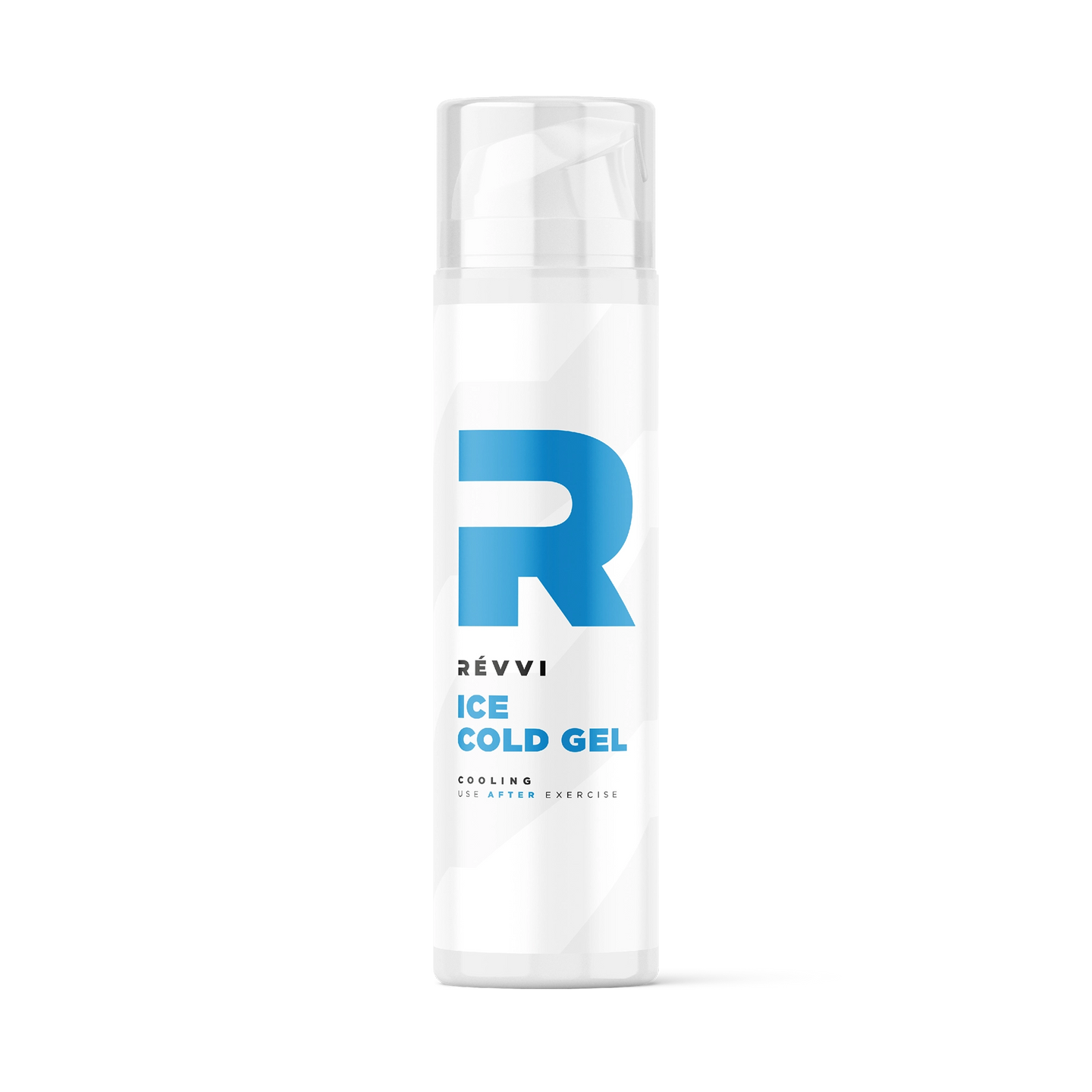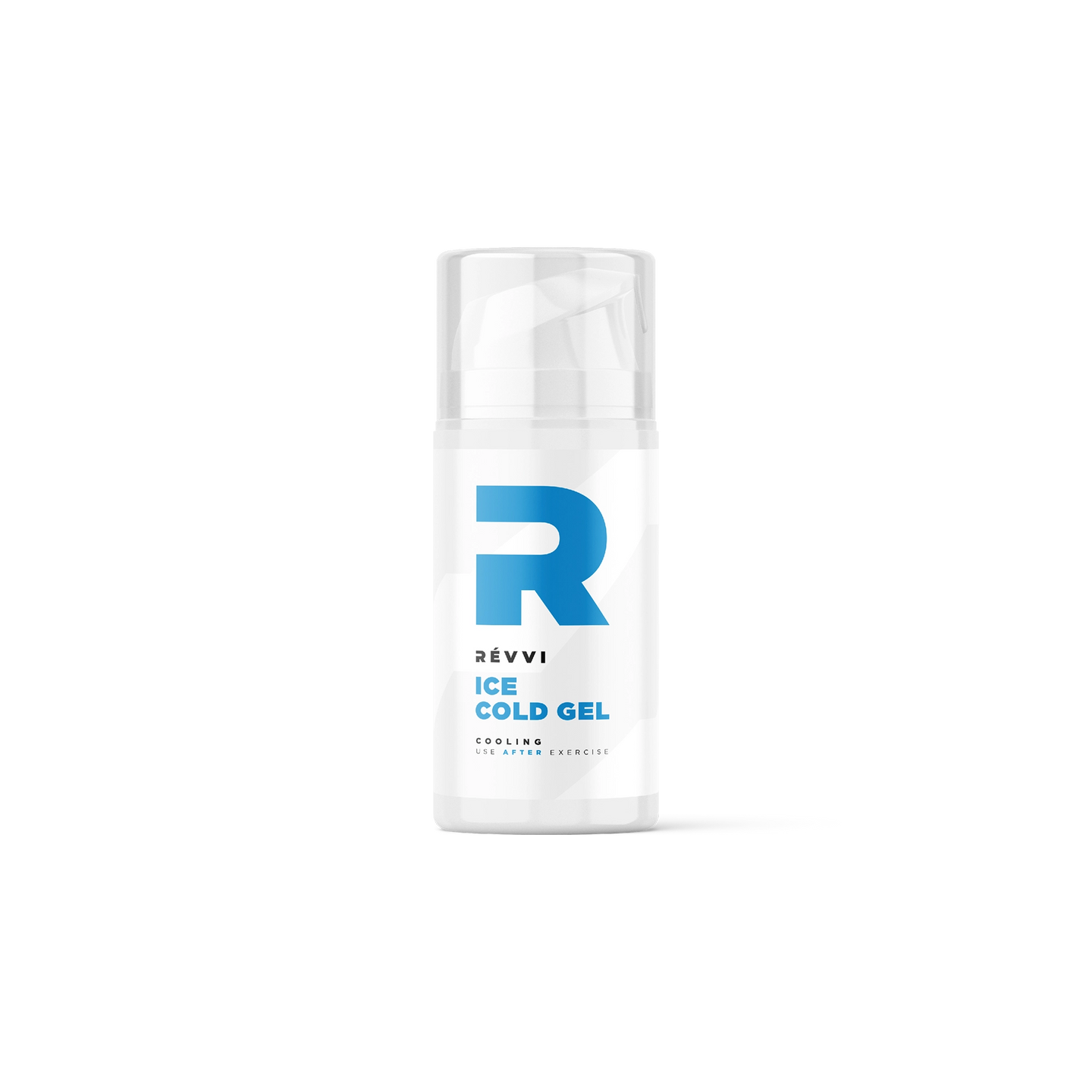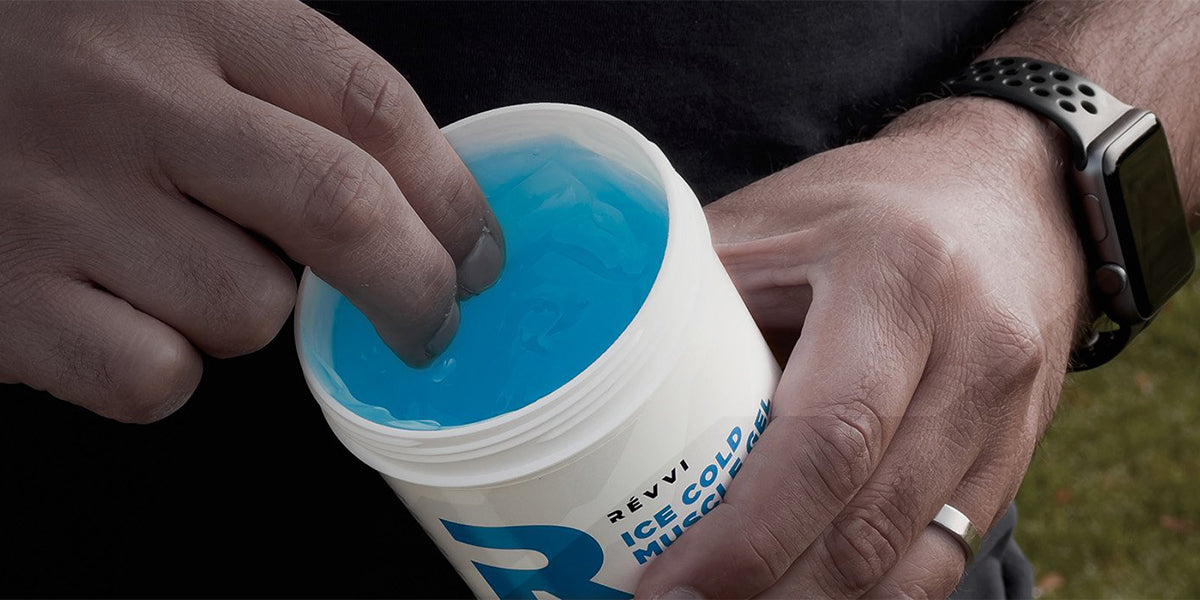
When an acute injury occurs (e.g. sprain or strain) blood vessels, capillaries and veins will widen and blood flow to the affected area will increase. This process causes swelling and brings pain.
The main goal of cold treatments for an acute injury is to constrict these dilated blood vessels and reduce blood flow (vasoconstriction). With cold treatment, in the first 72 hours after the injury, the pain will be significantly reduced and the swelling will go down more quickly.
Cold will often overpower the sensation of pain (cf. "pain-gate theory"). By inducing the vasoconstriction process, cooled muscles and blood vessels will:
• Reduce inflammation and swelling more quickly.
• Pain stimuli in the nerve pathways are numbed.
• Muscle tension and cramps decrease significantly.
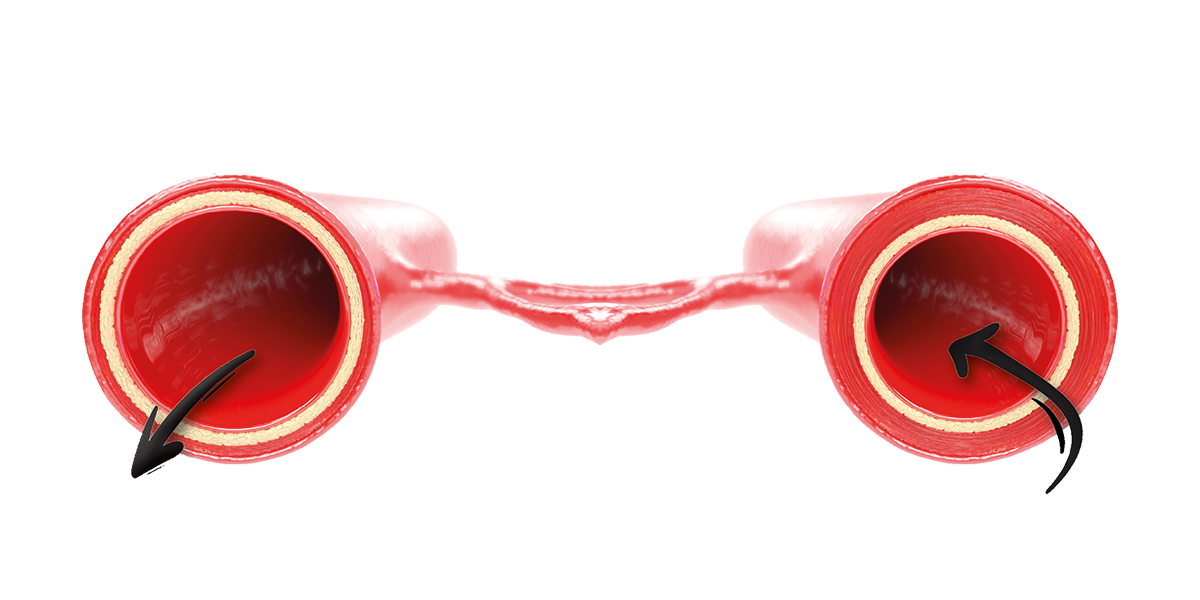
The use of cold is most appropriate for acute conditions (meaning the injury was recently sustained); such as:
• Sprains: injury caused by overstretching of the ligaments.
• Bruises: These occur when a blood vessel beneath the skin ruptures.
• Overload: caused by recurring (too) heavy actions during certain movements.
• Growing pains: pains in joints, muscles and tendons caused by pressure due to differences in growth rates of the various muscle and joint groups.
Do not use cold therapy to treat chronic conditions (for which heat treatments are more appropriate) and never apply cold to open wounds.
Also, never use cold before exercise as this can increase the risk of muscle and/or tendon strains.
RÉVVI cold gels consist mainly of natural ingredients that are considered important contributors to the anti-inflammatory and/or vasoconstrictive (narrowing) process.
The ingredients listed below are all processed in a high concentration in our ICE COLD MUSCLE GEL and their effectiveness has been scientifically proven. The careful composition also ensures deep penetration and long-lasting effect.
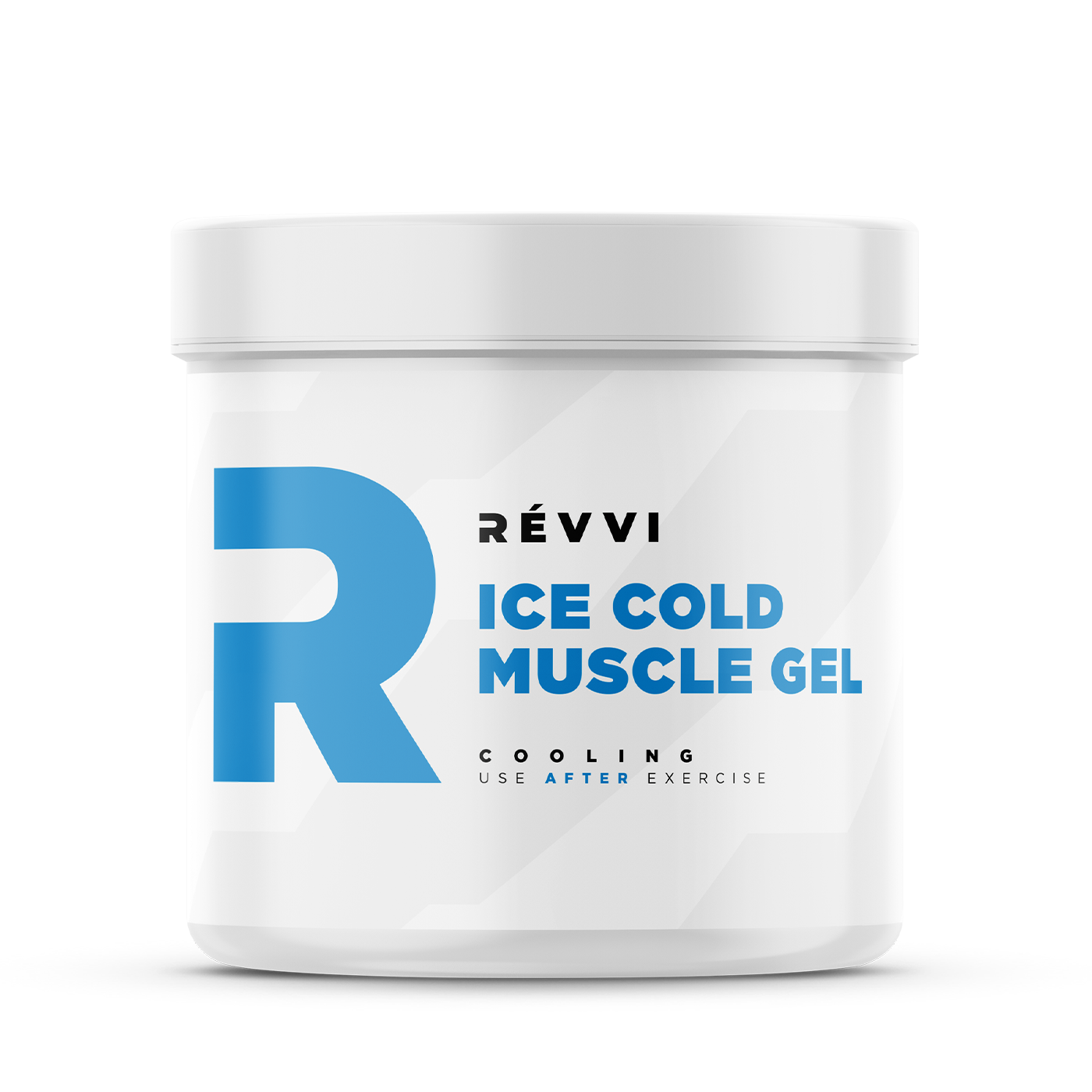
The ICE COLD MUSCLE GEL consists mainly of natural ingredients, each with their own specific characteristics.
The combination of these ingredients results in a very effective product that provides a long-lasting cooling effect.
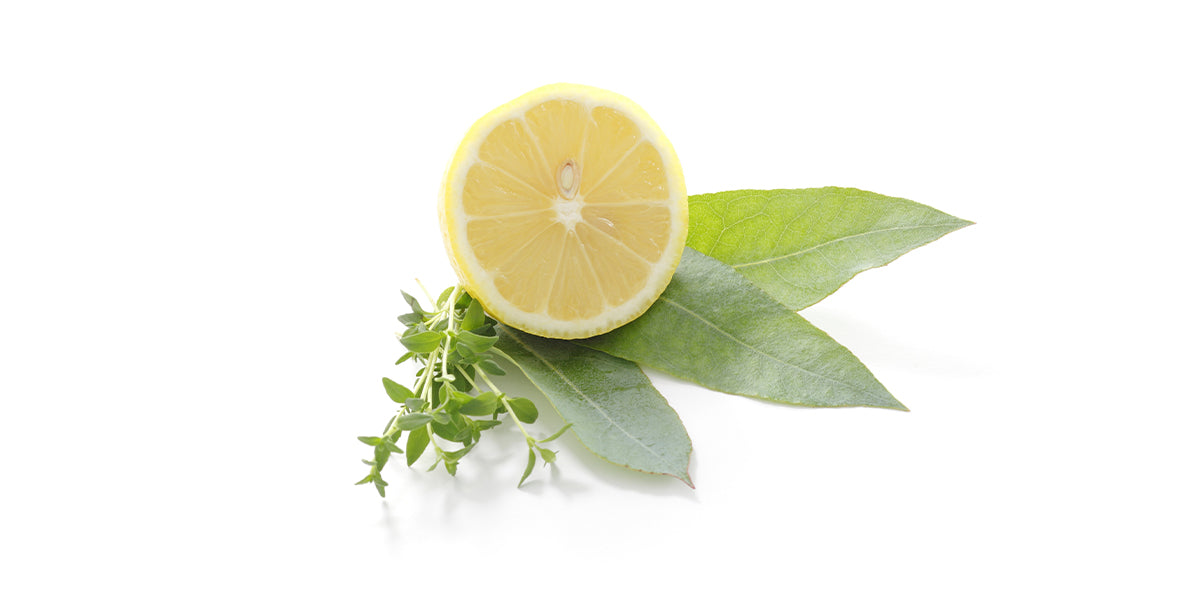
CAMPHOR
This herb induces, among other things, a mild form of local numbness of the nerve pathways, which means that pain, swelling and inflammation are experienced as less severe.
Camphor activates the TRP (transient receptor potential) (1) and has a beneficial effect in the treatment of inflammation and swelling caused by external impact.
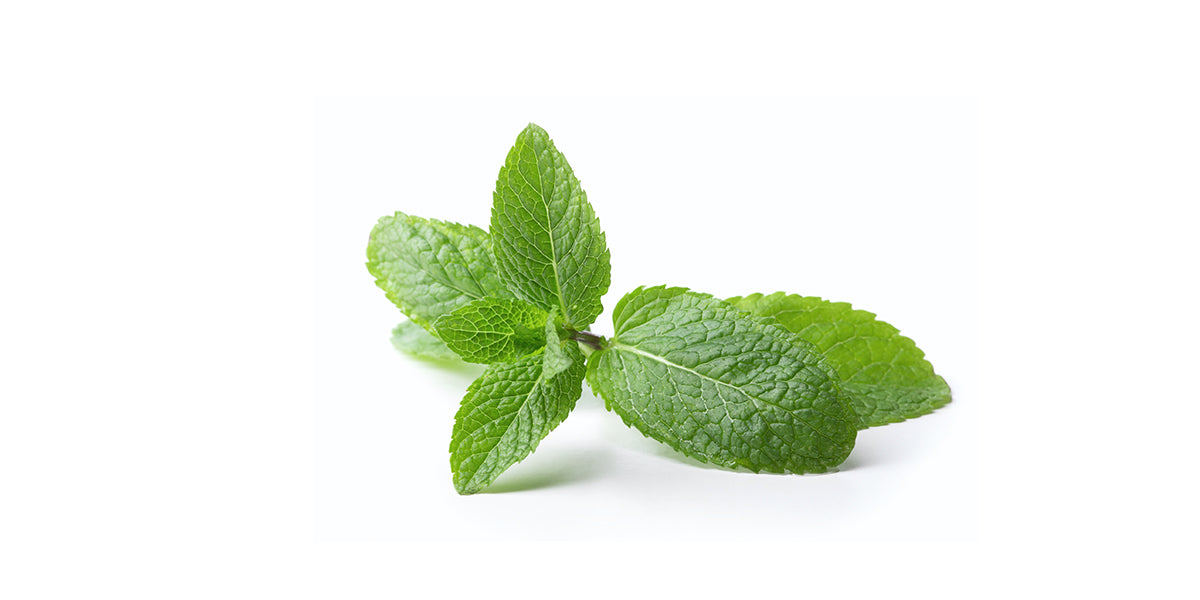
COIN
L-menthol occurs naturally in mint leaves and is considered one of the most effective natural cooling agents.
Scientific studies confirm that mint extract has clinically relevant properties (2) that have analgesic, antibacterial and anti-inflammatory effects.
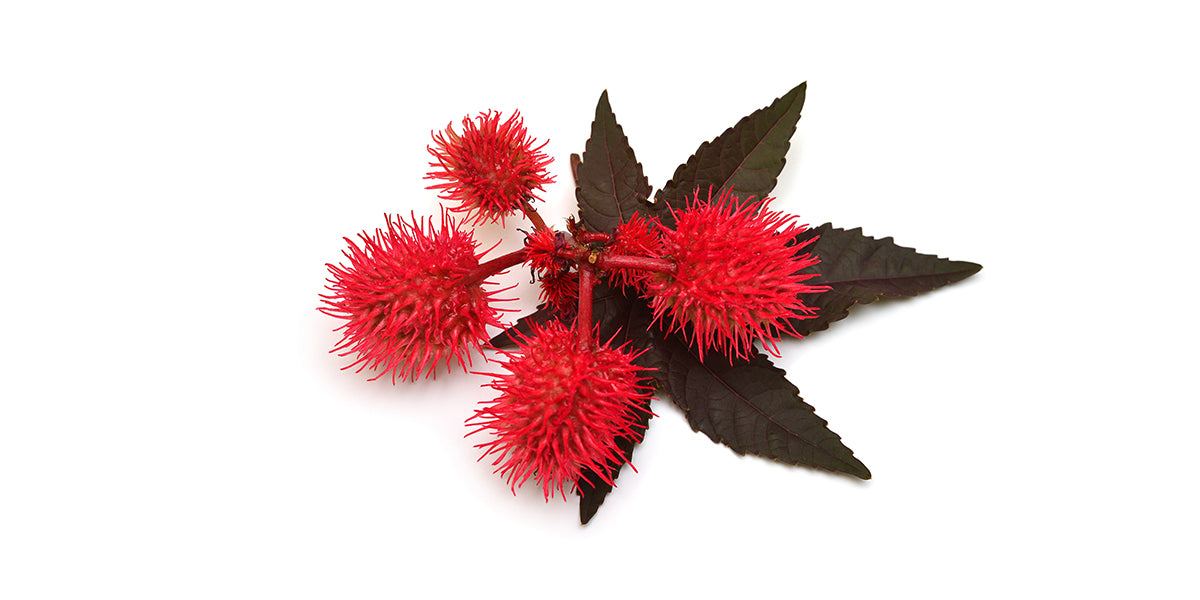
CASTOR OIL
Castor oil extract is known for its anti-inflammatory properties and contribution to relieving joint pain as well as local (muscle) inflammation.
Castor oil has an antioxidant effect (3), which provides anti-inflammatory properties that are beneficial for treating inflammation and swelling, among other things.
COMPOUND:
The ICE COLD MUSCLE GEL consists of 80% natural ingredients and water, contains a minimal amount of additional additives and a very small amount of preservatives to ensure that our gels retain their effectiveness for up to 12 months after opening.
OTHER INGREDIENTS WORTH NOTING:
Water (dilution), Alcohol Denat. (viscosity), Glycol (hydrant), Limonene (refreshing).
The RÉVVI ICE COLD MUSLCE GELS are chemical-free and have a unique composition of natural ingredients. The "vasoconstrictive" properties have as their main purpose to restore or protect the affected area of the body to a maximum and optimal extent.
The use of ICE COLD MUSLCE GEL is highly recommended for the treatment of low to medium painful areas caused by inflammation, strains, fatigue and for acute injuries where immediate cooling is necessary.
(1) Rafie Hamidpour, Soheila Hamidpour, Mohsen Hamidpour, Mina Shahlari - Camphor, a traditional remedy with the history of treating several diseases
> VIEW SOURCE
(2) Suresh Rao, Manjeshwar Shrinath Baliga - in Polyphenols in Human Health and Disease, 2014
>

